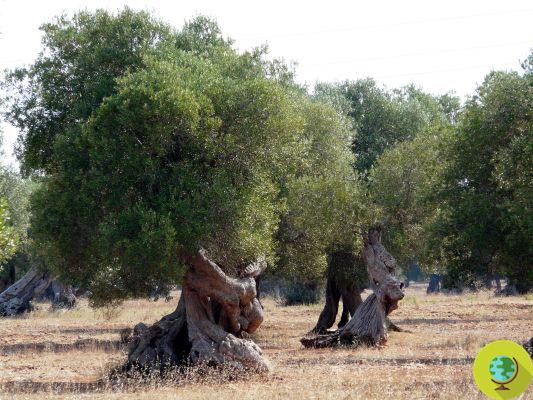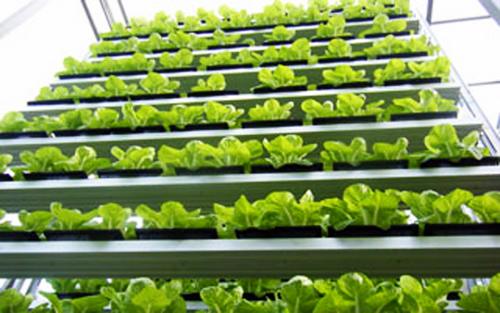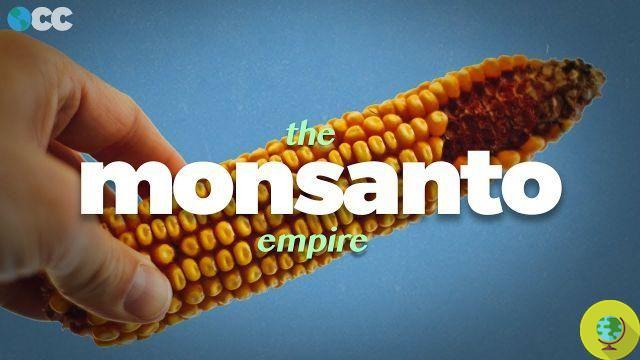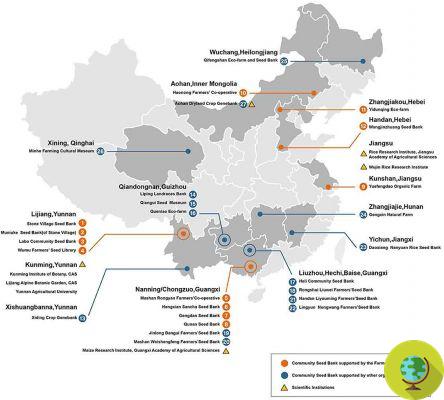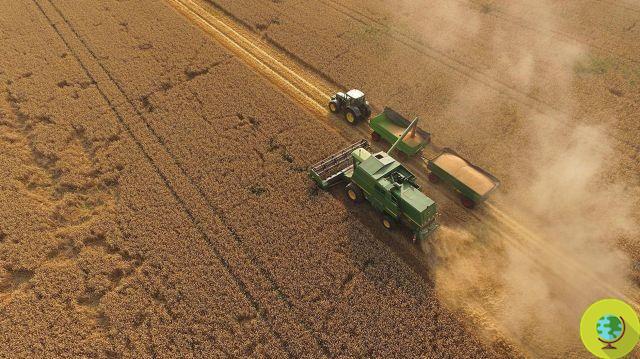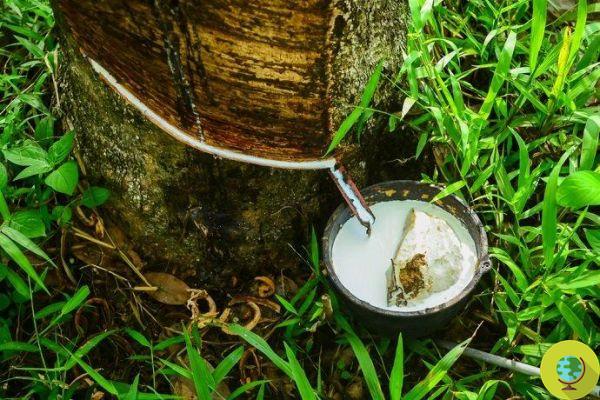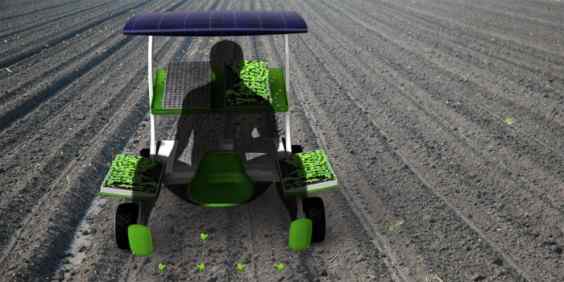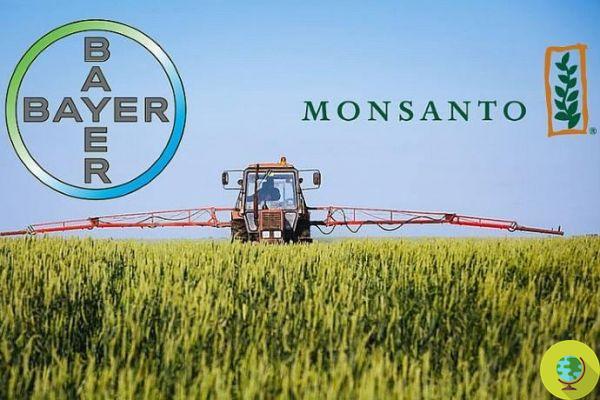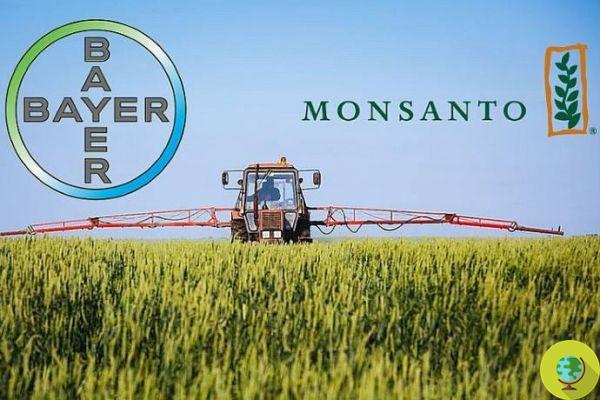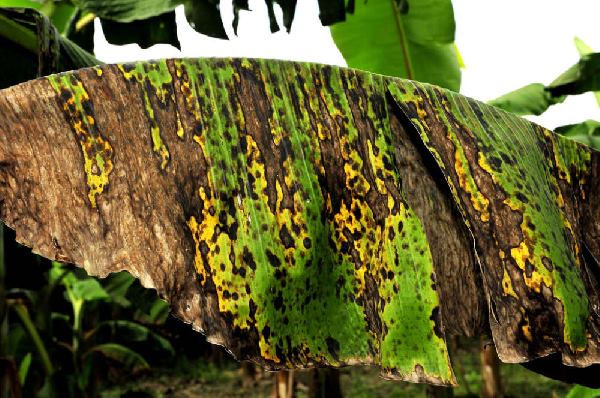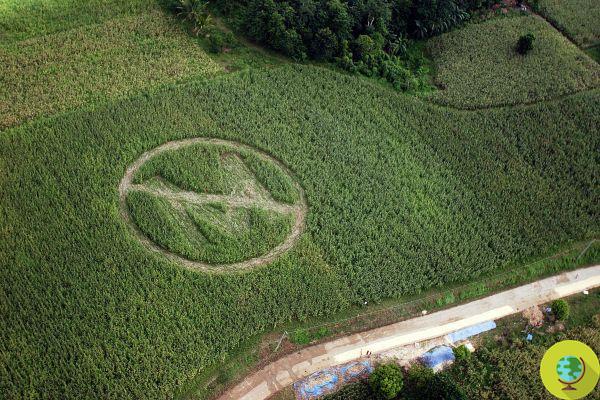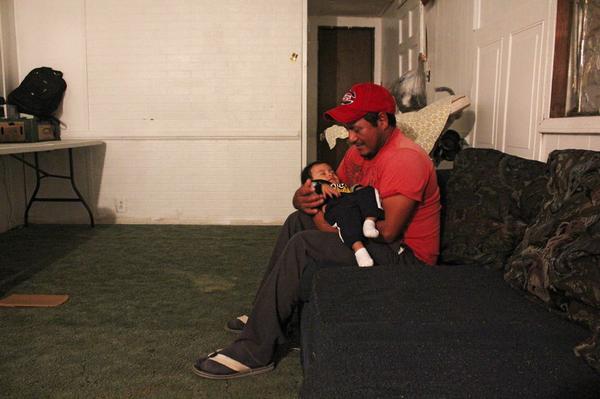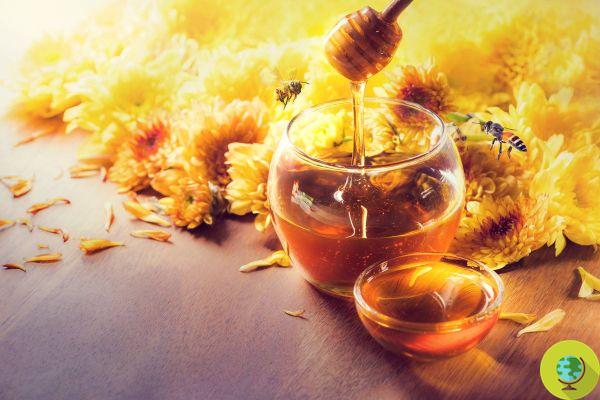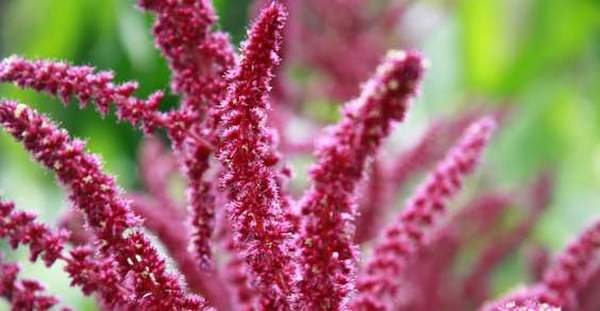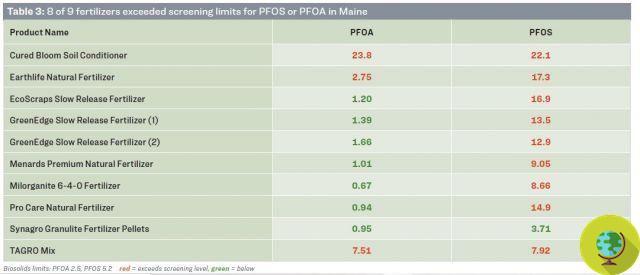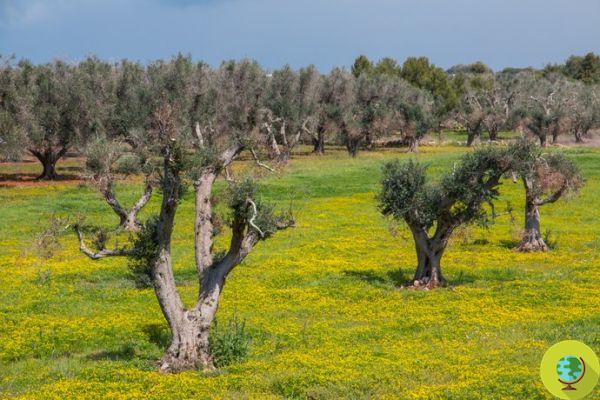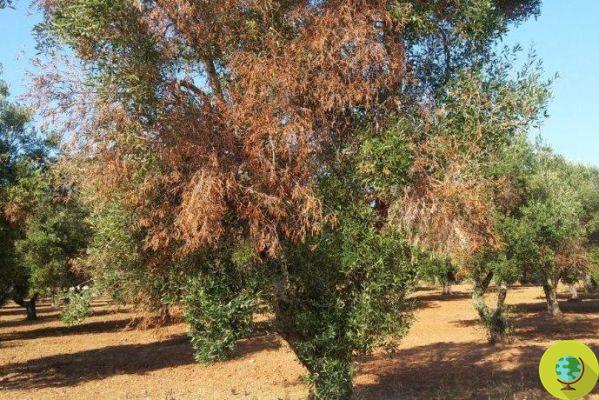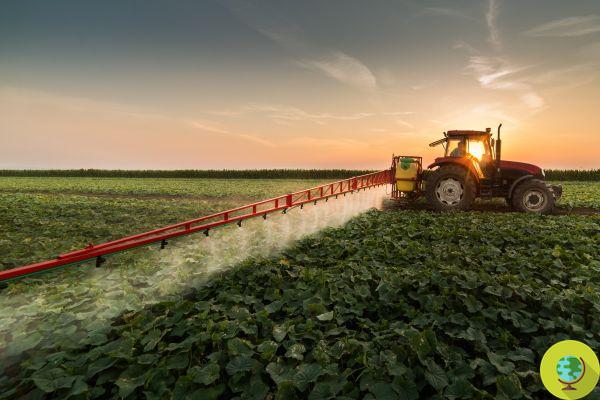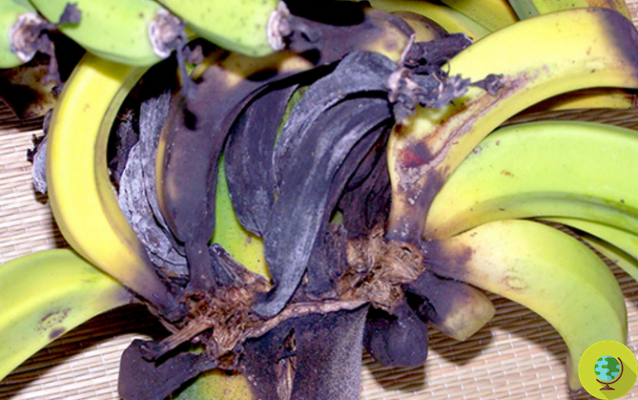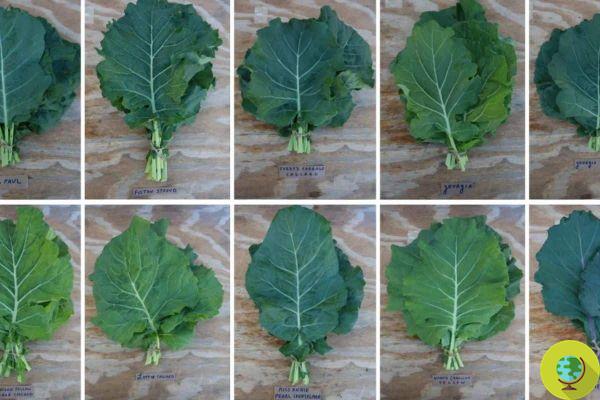
There are real saviors of ancient seeds, guardians of what remains of a centenary tradition or a cultivation of types of this vegetable that risk extinction and that tell of the diet of African-Americans and Afro-Caribbean in the Southern states
History also passes through seeds, in this ancient case, of the cabbage once sown in the gardens and orchards of the South of the United States and today recovered by the work of seed savers such as 75 year old Ira Wallace.
Or the 29-year-old Amirah Mitchell who after graduation opened the Sista Seed farm to grow, distribute ancient seeds and to keep alive a vegetable that is also an heirloom of the African diaspora which mainly concerned the Afro-American and Afro-Caribbean communities.
View this post on Instagram
A post shared by Amirah Mitchell (@sistahseeds)
Index
History in an ancient seed
The time machine takes us back to the time when Africans were enslaved in the United States and where ancient roots of garden cabbage were found.
A food that has been passed down for generations and has helped many to have better nutrition: this leafy vegetable provided the nutrients needed to balance a diet that normally included corn, salted fish and pork.
For the United States Department of Agriculture, the number of farmers of domestic gardens is decreasing, there are few small farms while the number of farms that do not dedicate themselves to these crops has grown, so much so that these different types of vegetables are becoming almost impossible to find.
In search of the Cabbage Way
The memory and childhood memories of some young researchers have started a journey of research between roots and stories. Edward Davis, a professor at Emory & Henry College in Virginia, was studying cultural geography in 2000 when he decided to embark on a journey to classify the uniqueness of the South.
He left with colleagues John T. Morgan, Powell Smith, and geneticist Mark Farnham of the US Department of Agriculture after earning a scholarship. They scoured yellowed garden logs from the 78th and 19.000th centuries, searched back streets for growers and gardeners who rescued and shared “heirloom seeds” by collecting XNUMX samples along the XNUMX-mile run, stored at the USDA's Plant Genetic Resources Unit.
A seed from over 100 years ago
On a subsequent solo trip to North Carolina, through swamps and tobacco fields, Davis runs into Levi Grissett who had planted for the 48th time seeds that were over 100 years old, received as a gift from a neighbor In his youth he began to plant cabbages because they were much loved by his wife. When Frances died, he stopped for a few years to then resume and help pass on the story.
Projects to pass on a tradition
The movement that has spread in America for the protection of these species is becoming increasingly important also to help provide high quality food in States where, especially for African Americans, it is still poor in quantity and quality.
Among the most active realities is that of Heirloom Collard Project which is trying to save several species such as Fuzzy's Cabbage, Big Daddy Greasy Green, Granny Hobbs and Tabitha Dykes, all rich in properties, such as vitamins A and K, but above all in history. .
Follow us on Telegram | Instagram | Facebook | TikTok | Youtube
Sources: United States Department of Agriculture / Heirlom Collard Project / Sista Seed
Read also:
- The new Barbie Ida B. Wells: journalist, suffragette and activist for the rights of African Americans;
- Ketanji Brown Jackson is the first African American woman to become a US Supreme Court Justice from 1790 to the present;
- Rosa Parks: biography and phrases of the woman who changed history with a no on the bus




